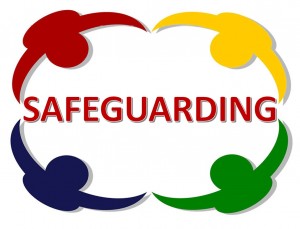In today’s world, safeguarding is not just an administrative responsibility — it is a moral, spiritual, and legal imperative.
Whether in Schools, Religious Institutions, health centers, or communities, a safeguarding policy ensures that children, vulnerable adults, and all persons are protected from harm, abuse, neglect, and exploitation.
A safeguarding policy provides a clear framework that outlines how to prevent, detect, and respond to issues of abuse or misconduct. It defines boundaries, sets standards for behavior, and establishes procedures for reporting and managing concerns.
In doing so, it protects not only the vulnerable but also the integrity of institutions and individuals entrusted with leadership and care.
For Religious Congregations like the Sisters of Mary Mother of the Church (SMMC), the need for a safeguarding policy is rooted in both Gospel values and the call to reflect on the compassion of Christ.
Jesus welcomed children, defended the weak, and confronted those who caused scandal to “the little ones.” As His followers, we are called to do the same.
Moreover, a safeguarding policy builds trust within the communities we serve.
Parents, parishioners, and collaborators have the right to know that all Church-related activities and ministries are conducted in a safe, transparent, and accountable manner.
In the face of past failures within some Church institutions, safeguarding policies are no longer optional — they are essential. They affirm our commitment to justice, healing, and the dignity of every person.
In summary, a safeguarding policy is needed:
To protect the vulnerable from harm.
To guide responsible behavior among staff, religious, and volunteers.
To ensure accountability and transparency in ministry.
To uphold the mission of the Church as a safe and loving space for all.
To comply with civil and Church laws, promoting ethical standards.
Let us, as Consecrated Persons and Christian communities, take this responsibility seriously — not only in writing, but in action.
A safeguarding policy is not just a document; it is a reflection of who we are and what we stand for.
By: Sr. Gifty Anastasia Blewu, SMMC (Sister Communicator)












